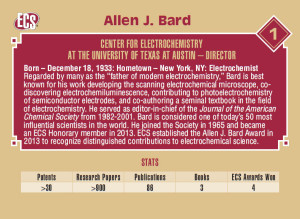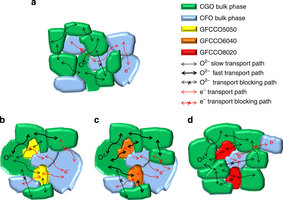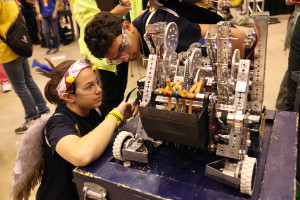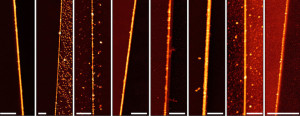 The iconic Moore’s Law will mark its 50th anniversary this Sunday, April 19th. In celebration, we’ll be taking a look at the solid state revolutionary who made the incredible prediction, the inception of the law, and the deep-rooted links between Gordon Moore and The Electrochemical Society.
The iconic Moore’s Law will mark its 50th anniversary this Sunday, April 19th. In celebration, we’ll be taking a look at the solid state revolutionary who made the incredible prediction, the inception of the law, and the deep-rooted links between Gordon Moore and The Electrochemical Society.
The initial transformation in the electronics industry began with an invention at Bell Labs in late 1947 of a little device known as the transistor. The transistor acted as a catalyst of change not only for solid state science and the electronics industry, but also for the composition and spirit of ECS membership—which would begin to be centered on the Electronics Division.
Prior to this solid state surge, electronics—specifically the Electronics Division at ECS—was centered on topics such as phosphors and cathode ray tubes in light of the advent of television. Moore joined ECS in 1957 and helped transform the division into something new—something exciting.











